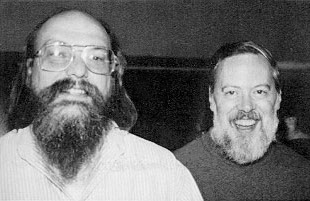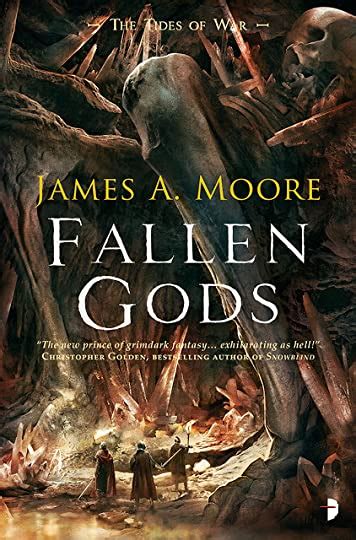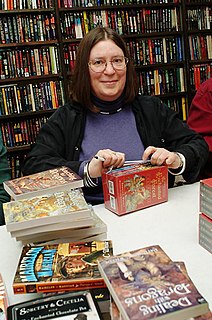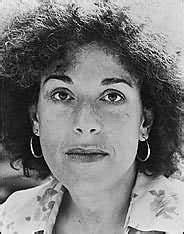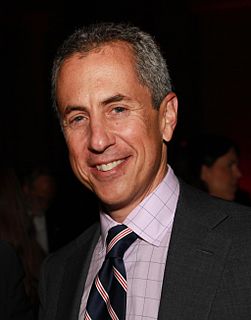A Quote by Ken Thompson
I still have a full-time day job, which is why it took me five years to write An Ear to the Ground, and why I won't have another book finished by next week.
Related Quotes
I was perpetually grief-stricken when I finished a book, and would slide down from my sitting position on the bed, put my cheek on the pillow and sigh for a long time. It seemed there would never be another book. It was all over, the book was dead. It lay in its bent cover by my hand. What was the use? Why bother dragging the weight of my small body down to dinner? Why move? Why breathe? The book had left me, and there was no reason to go on.
Sometimes people say to me, “I want to write, but I have five kids, a full-time job, a wife who beats me, a tremendous debt to my parents,” and so on. I say to them, “There is no excuse. If you want to write, write. This is your life. You are responsible for it. You will not live forever. Don’t wait. Make the time now, even if it is ten minutes once a week."
I really believed music was going to be a big part of my future, and that's why I took a truck driving job, so I could maintain my singing job at night. I put about 30 hours a week just for singing, going between two churches. And in order to afford that, I had to take a full time job so I could do my passion.
I loved getting my M. B. A., and I really enjoyed being an accountant and financial analyst before I quit my day job twenty-five years ago to write full time. I just liked writing more…plus, I knew even then that as a full-time writer, I'd get plenty of chances to do business-type stuff, while as an accountant, I probably wouldn't get a lot of opportunities to write about dragons.
On Sunday 8 April 1945, he had just finished conducting a service of worship at Schoenberg, when two soldiers came took him away. As he left, he said to another prisoner, This is the end - but for me, the beginning - of life. He was hanged the next day, less than a week before the Allies reached the camp.
It's funny - for a long time, I didn't know I was writing a book. I was writing stories. For me, each story took so long and took so much out of me, that when I finished it, I was like, Oh my gosh, I feel like I've poured everything from myself into this, and then I'd get depressed for a week. And then once I was ready to write a new story, I would want to write about something that was completely different, so I would search for a totally different character with a different set of circumstances.
